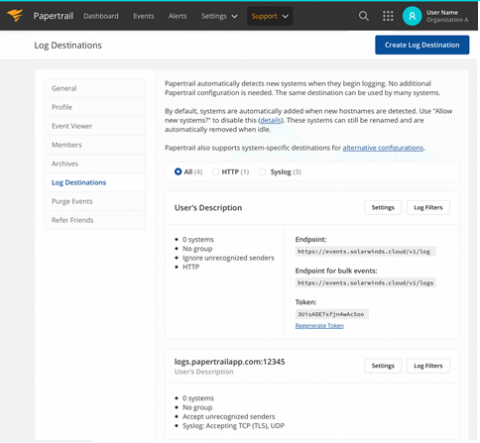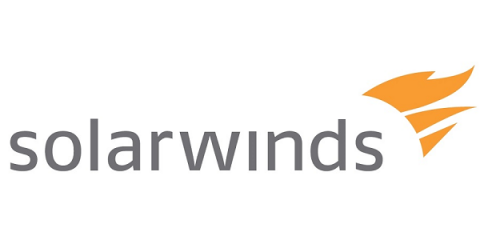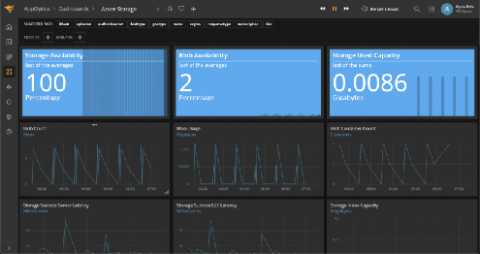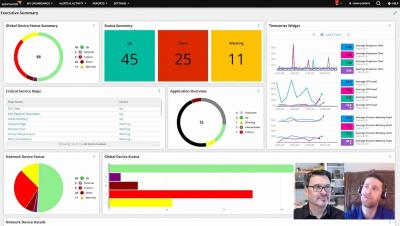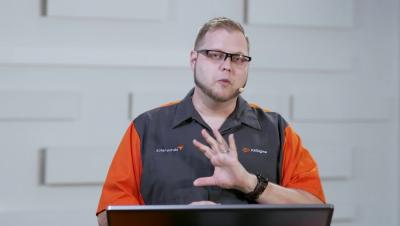Using Non-Enterprise Gear in an Enterprise World
Different IT organizations have different needs. The one-man shop might find the best success with open-source software, while enterprises often need something a little more. But occasionally you’ll see an enterprise using open-source or something designed for a small to medium-sized business. This can be a good thing in certain instances, though it’s not without risks. So, why might you want to use SMB or open-source gear in an enterprise setting, and when might it be a good thing?



